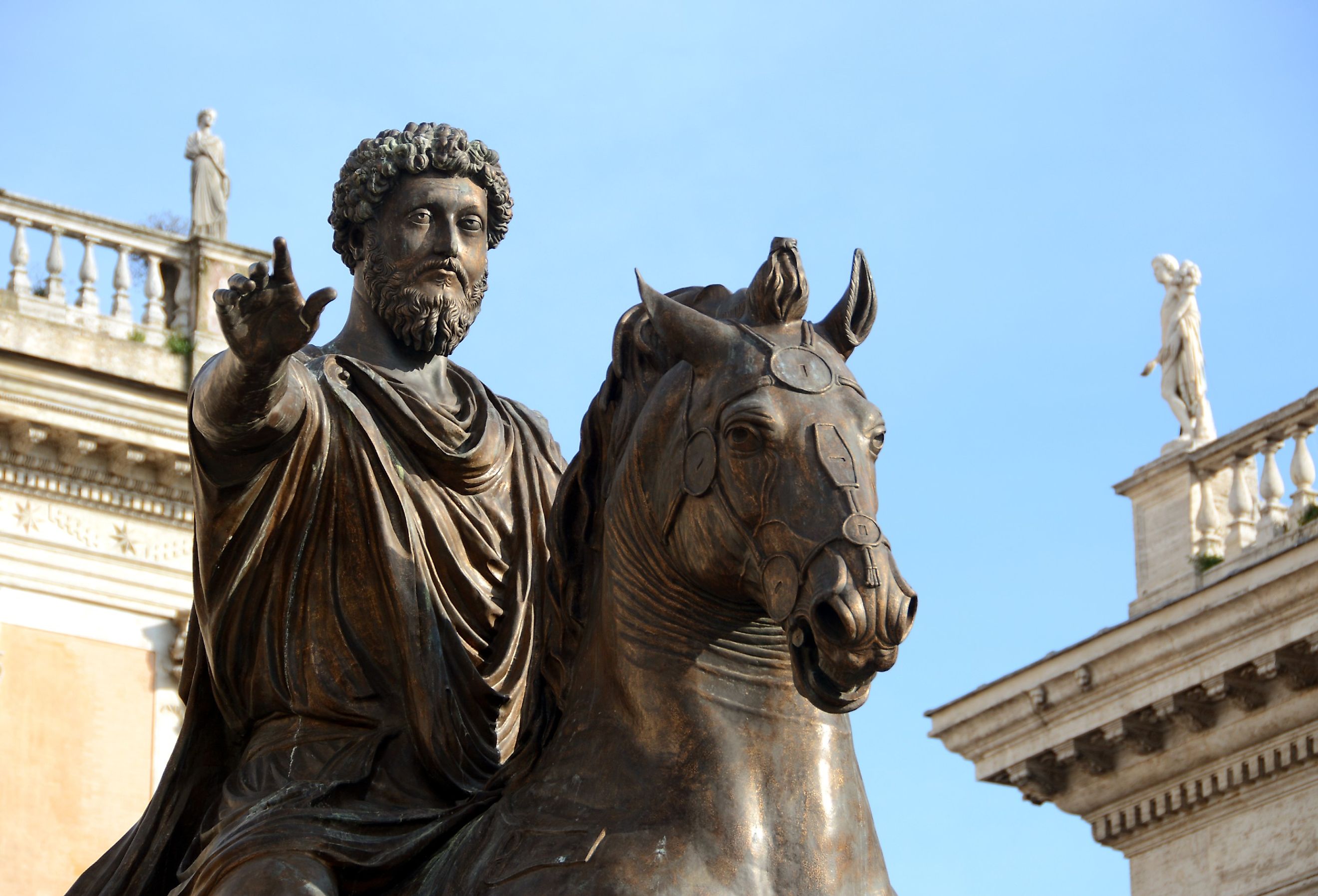
Philosophers of Stoicism You Should Know
What it means to have a stoic attitude is well-known, but many of the originating philosophers are long forgotten. Being stoic means not complaining or showing your feelings, even when terrible events unfold around you. This idea comes from stoicism, a philosophy emphasizing the importance of personal responsibility, reason, and acceptance. Zeno founded stoicism in Ancient Greece. Since its founding, there have been many stoics throughout history. Here are a few people who had a great impact on the philosophy.
Who Were The Stoics?
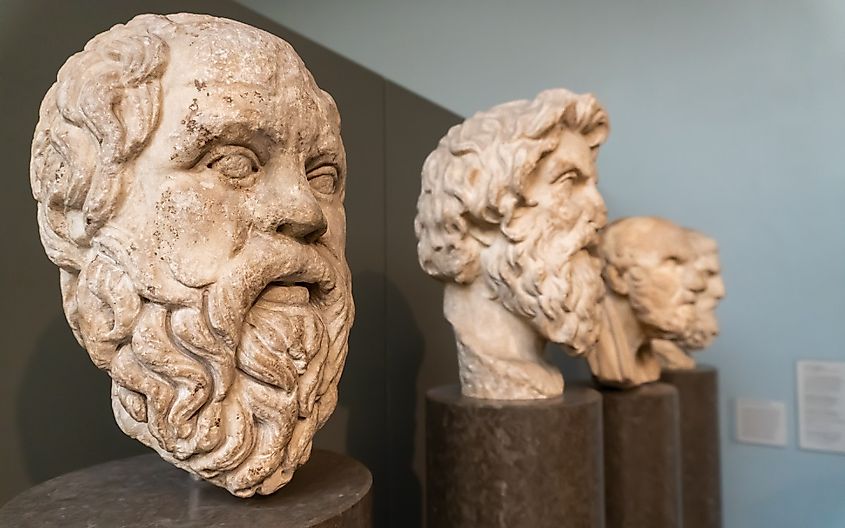
Stoicism dates back to 300 BCE, when Zeno of Citium founded the philosophy in Athens. Stoicism was largely inspired by the teachings of Socrates and Diogenes of Sinope. The Philosophy was an influential line of thought throughout the Greek and Roman world.
Logic and virtue were the pillars forming stoic thinking. Stoicism focuses on accepting events with a stern mind and focusing on how you choose to affect what you can change. Beyond acceptance and self-responsibility, the stoics believed in the idea of reaching eudaimonia. This is an idea that roughly translates to happiness and human flourishment. Stoics of the past all had various interpretations of the philosophy. The three big authors of stoicism were Epictetus, Marcus Aurelius, and Seneca.
Zeno of Citium
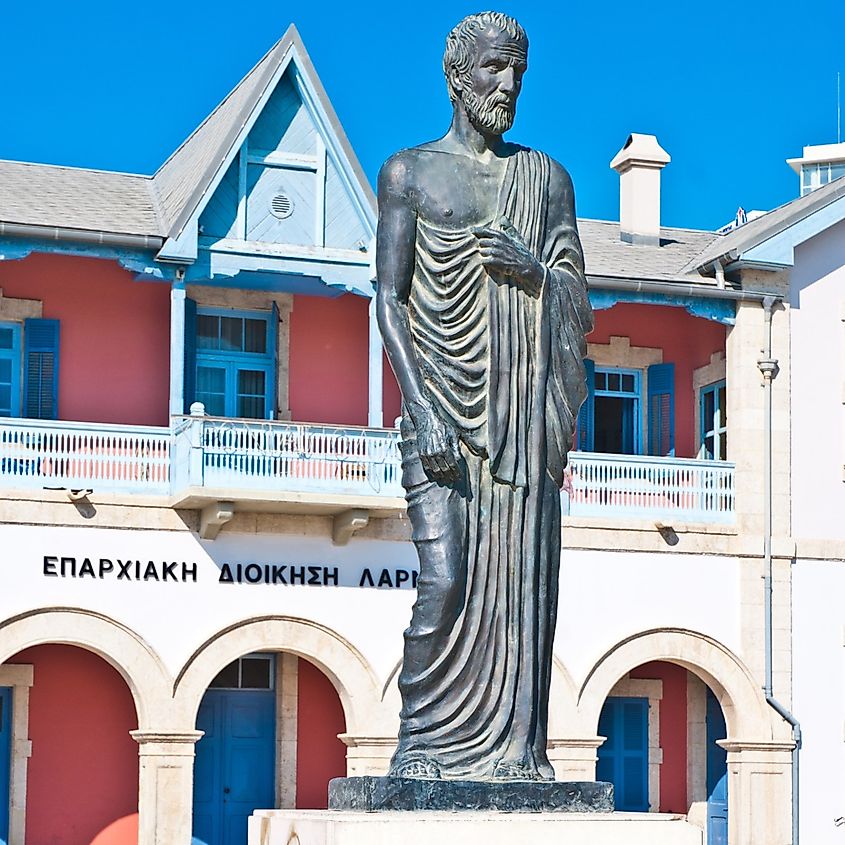
Zeno of Citium was one of the most influential philosophers of the ancient world. He was the founding father of stoicism, and his ideas changed many people's thinking during the Hellenistic period. Zeno was born in the city of Citium in Cyprus, but his name is Greek, and most consider him to be a Greek philosopher.
Zeno's journey into philosophy started in 312 BCE when he attended lectures of cynic philosophers in Athens. While studying, Zeno thought of his own philosophy and began to teach in a painted colonnade in Athens known as the Stoa Poikile around 301 BCE. This is where the name of the stoic philosophy comes from.
Zeno started stoicism with a philosophical system that included logic, physics, and ethics. For Zeno, ethics was central to the stoic philosophy. He taught that people could find happiness by conforming their will to reason, which he said governed the universe. Some of Zeno's philosophy was from the Cynic school. For example, he emphasized living in accordance with nature, renouncing material goods, and leading a life of simplicity and self-control. Unfortunately, Zeno's actual writings are lost. Other philosophers have written about him and passed on his ideas. Zeno's philosophy significantly impacted the Roman stoics, including Seneca, Epictetus, and Marcus Aurelius.
Seneca
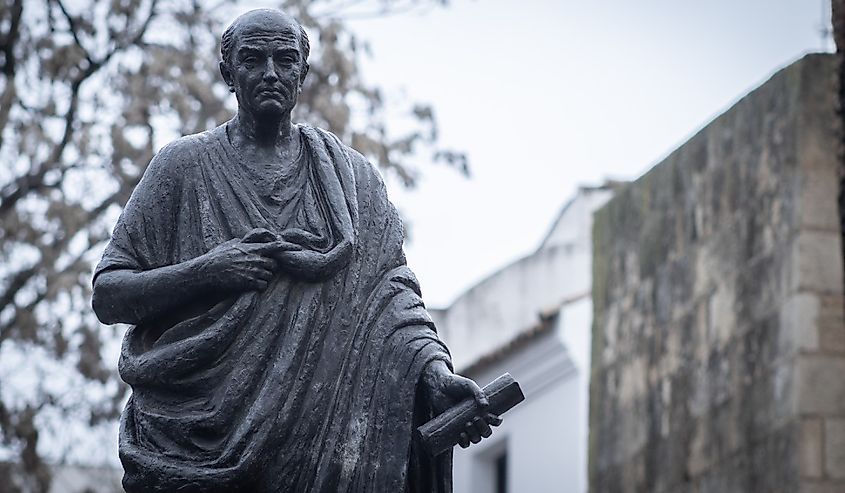
Seneca was a Stoic and one of Rome's leading intellectual figures during the mid-1st century CE. Zeno and other early stoics inspired his philosophy. He lived an interesting life in ancient Rome. Born to a provincial nobleman of low rank, he interacted with many powerful Roman elites. In his life, the emperor Claudius exiled Seneca and then recalled him back. Seneca was a friend and tutor to Nero; however, the friendship was short-lived.
One of stoicism's most famous texts is Seneca's Letters to Lucilius. Seneca wrote these letters in retirement. In his letters, Seneca urges Lucilius to "choose himself a Cato." Cato was a role model to Seneca. Here, Seneca is urging Lucilius to choose a role model for himself. This was important to Seneca since having a role model provides someone with a standard to live by. This idea is not unique to stoicism, but Seneca explains why this idea is necessary to live the good life. Whoever you choose as a role model for your own life provides you with principles and values to navigate difficult situations.
Seneca's texts aim not only to educate readers on his own philosophy but to encourage the reader to pursue philosophy themselves. Seneca's writings were provocative at the time and critiqued Roman society and values. He questioned the validity of commonly held beliefs. For example, he criticizes that death is an evil, that wealth is good, and that anger is justifiable. Throughout his life, Seneca attempted to live according to the conclusions he reached from his philosophy. Though Seneca admits himself he did not live up to this standard, the effort he puts into achieving this, has made him one of the most attractive stoics.
Epictetus

Epictetus was a stoic philosopher who dealt with hard times since his birth. He was born into slavery in Hierapolis, Phrygia. He spent his youth as a slave to Epaphroditus, a wealthy freedman. Early in his life, Epictetus developed a passion for philosophy. His master recognized his intellectual ability and encouraged him to study stoicism. Epictetus studied with the stoic teacher C. Musonius Rufus. Many of Epictetus's ideas came from Rufus.
Sometime after the death of Nero, Epictetus became free, and he went on to teach philosophy in Rome. However, when the emperor Domitian came into power, he banished philosophers from the city, and Epictetus moved to Epirus, Greece. In Greece, Epictetus continued his passion for philosophy and even founded a school of philosophy. Many believe his student Arrian wrote down his teachings in Discourses and Enchiridion.
In his work, Epictetus talks about logos. Epictetus said everyone has the responsibility to live their best life. While he believed people had freedom of choice in all matters, he believed an idea called logos limited free choice. Logos roughly translates to speech, but it also means to convey thought. Epictetus said logos was an external uncontrollable force that created and guided the operation of the universe. In many translations, Epictetus's idea of logos is also translated to God. While logos limits your choice, Epictetus said individuals still have the ability to choose how to interpret their circumstances and decide how to respond to them. This idea of responsibility, personal choice, and free will was at the heart of Epictetus's philosophy.
Marcus Aurelius
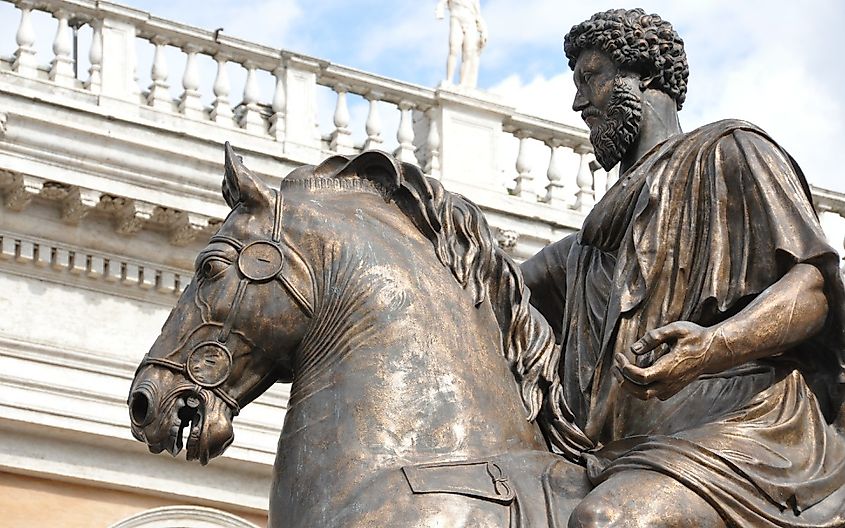
Marcus Aurelius was one of the most respected Roman Emperors in Roman history. He is the last of the five good emperors in Rome. He was also a well-known stoic, famous for his book Meditations. Aurelius was born into a wealthy family in Rome. In his youth, Aurelius was a hardworking student. He studied Latin and Greek, and his greatest interest was in philosophy. He studied stoicism, focusing on reason, personal responsibility, and self-restraint.
Aurelius' philosophy has earned him unparalleled respect, and some say he embodied the idea of the Philosopher King. The Philosopher King was an idea first introduced in Plato's Republic. It describes a hypothetical ruler who has the political skill and philosophical reasoning. In Plato's Republic, the Philosopher King is a ruler who rules to help his own people, instead of for personal gain. The idea of having a duty to others, is something Aurelius wrote about in his book Meditation. He states people exist for each other and makes clear everyone's responsibility to one another. In this way, he embodied Plato's idea of the Philosopher King.
Why Do The Stoics Matter?
Stoicism is a philosophy dating back to ancient times. While our lives look different today than the lives of people hundreds of years ago, many of the problems we face are the same. People still struggle with patience, taking responsibility, accepting their circumstances, and living in line with their values. Stoicism aims to help people better themselves, stop caring about things outside their control and lead virtuous lives. Learning about the stoics is a doorway to learning more about stoicism, a philosophy that everyone can benefit from learning about.











